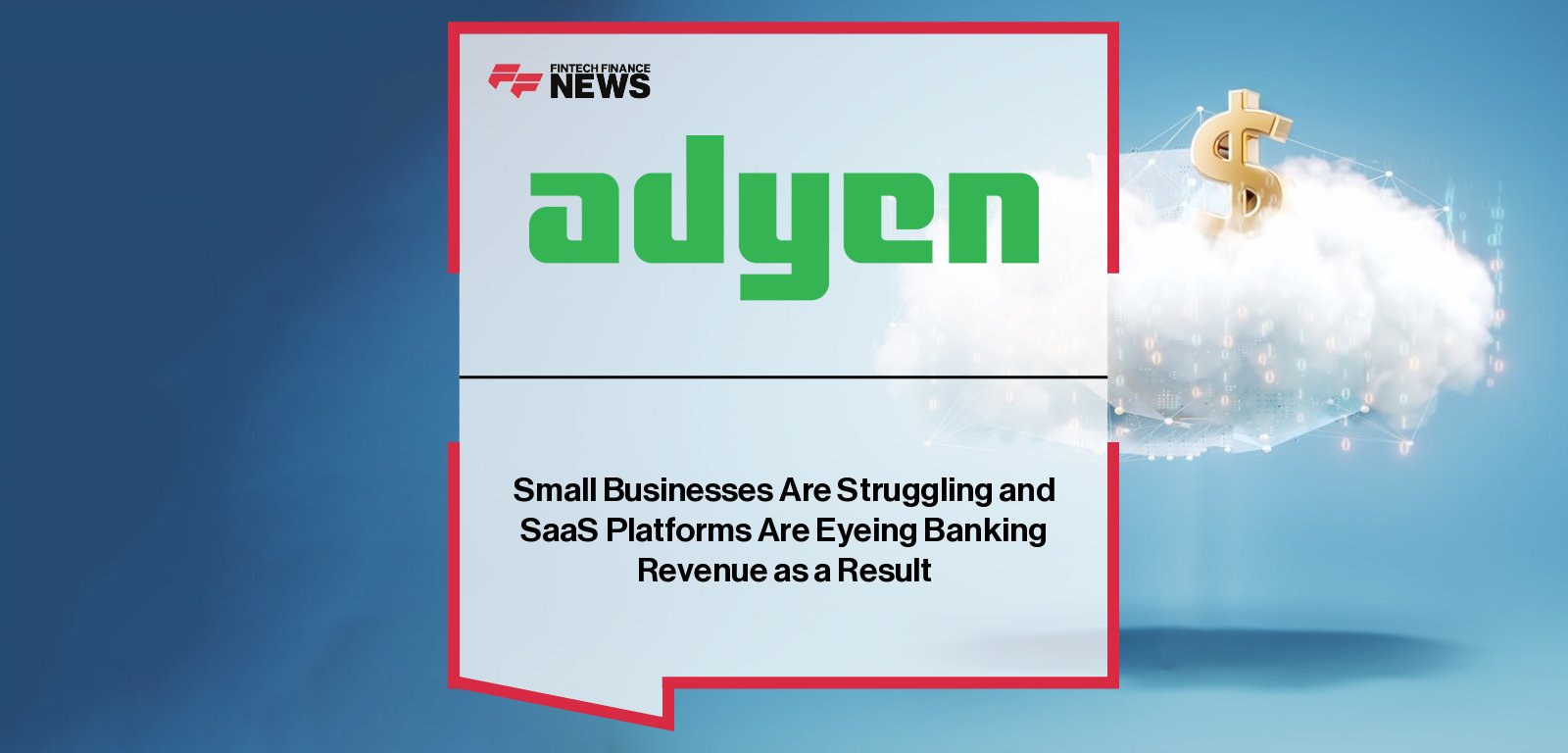Breaking News

Small Businesses Are Struggling and SaaS Platforms Are Eyeing Banking Revenue as a Result
Small and medium-sized businesses (SMBs) are more than just storefronts or service providers—they are the beating heart of the American economy. Representing 99.9% of U.S. firms and employing more than 62 million people, SMBs are foundational to local communities and national growth. But right now, that foundation is under serious pressure.
Our latest data paints a stark picture: rising costs, tightening margins, and sluggish access to capital are pushing small businesses closer to the edge. Many are no longer just managing cash flow, they’re fighting to survive. The liquidity cliff From inflation and interest rates to supply chain challenges, macroeconomic headwinds are hitting SMBs hard, an overwhelming 96% of business leaders say these pressures have negatively impacted operations. Nearly two-thirds (64%) report that the cost of supplies has increased as profit margins decrease, and 59% say they have lost sales due to lower consumer spending. Just 3% report seeing no impact from macroeconomic conditions.
The numbers tell a concerning story: the runway is getting shorter for Main Street.
Cash flow at a breaking point
For most small businesses, liquidity is no longer a cushion, but a countdown. 78% say they could not cover essential costs like wages and rent for more than three weeks without sales revenue being paid out. Nearly one in three (31%) have a cash runway of just one week, while 11% can only cover up to six days. The reason SMBs are so strapped for cash comes down to the time it takes to receive funds from sales: two out of three businesses report they struggle with cash flow due to delays in receiving payouts. Most businesses (38%) are paid weekly, with others receiving revenues on a bi-weekly (17%) or even monthly (10%) basis.
Without better and quicker access to funding, 87% say they would be forced to make layoffs (44%), or face bankruptcy (43%)—putting tens of millions of jobs and household incomes at risk.
Demand for speed and flexibility
SMBs aren’t waiting for slow fixes. They’re actively looking for faster, smarter solutions. A striking 99% of SMBs say they would pay a small fee (1-1.5%) to access their sales revenue instantly. This near-universal response signals a shift in priorities: liquidity and speed have transitioned from ‘nice to haves’ to ‘need to haves.’
Rethinking the role of banks
The loyalty many businesses once felt to traditional banks is also shifting. When asked where they would seek additional funding to keep their businesses afloat, two sources reign supreme: 1) borrowing funds from personal accounts and 2) accessing financing directly through the software they already use to manage operations, such as booking platforms or point-of-sale systems. Seeking loans from a traditional bank is now the least-favored solution among small business owners. These preferences demonstrate a huge opportunity for SaaS platforms to redefine how businesses access capital and serve as a cash flow lifeline.
Industry spotlight: Beauty & Wellness
Liquidity challenges are especially acute in the beauty and wellness sector, which includes salons, spas, and fitness studios. 77% say they could not operate for more than three weeks without payouts, while 67% report ongoing cash flow challenges—the highest of all verticals polled. That’s because nearly 40% receive weekly payments, while fewer than one in three can access their revenue daily. Most notably, 86% warn that without better access to funding, they would face layoffs or bankruptcy. When it comes to funding options, most beauty and wellness owners (40%) would turn to personal savings first to keep their business running, while 37% say they would prefer to leverage their software providers for financial support.
Industry spotlight: Food & Beverage
Similarly, for SMBs in the food and beverage industry, 79% say they could not sustain operations for more than three weeks without revenue, and 87% say limited access to capital would lead to layoffs or closure. These challenges are made more difficult as a large majority (64%) report facing financial strain due to rising supply costs. Of all sectors, food, beverage, and restaurant owners are most inclined (37%) to borrow money from a credit union, while 35% would prefer to access financing through their existing software providers.
How Fintech Can Close the Gap
The traditional banks weren’t built for the speed of modern commerce. Legacy processes slow down everything, especially when it comes to getting paid. SaaS platforms are stepping in to fill the gap by embedding financial services directly into the tools businesses already rely on – marking a paradigm shift where technology is winning market share from banks.
At Adyen, we’re focused on delivering these embedded financial solutions to SaaS platforms, so they can offer their customers the liquidity they need: faster access to earnings, cash flow control, and tools that help businesses stay nimble—even in turbulent times.
Because when liquidity moves faster, small businesses move further. And that’s good for everyone.
Methodology
The research was conducted by Censuswide, among a sample of 1,500 Business leaders in the US – equally split between: Food and Beverage, Beauty/Wellness and ‘Field Services’ (i.e. HVAC, plumbing, landscaping, carpentry, cleaning, housekeeping, etc.). The data was collected between 09.19.25 – 10.03.25. Censuswide abides by and employs members of the Market Research Society and follows the MRS code of conduct and ESOMAR principles. Censuswide is also a member of the British Polling Council.
Companies In This Post
- Bluefin and Basis Theory Partner to Enable Unified Tokenization Across Digital and In-Person Payments Read more
- Invest Bank and AUTON8 Build Partnership to Drive Digital Resilience and Banking Agility Read more
- ING’s AI Roadmap: Platform, People, and Agentic AI Read more
- UK-fintech Provided Over £17.5m in Emergency Wage Advances to More Than 55,000 Employees in the Last Year Read more
- TreviPay Announces AI-Powered Growth Center to Help Enterprises Predict Buyer Behavior and Drive B2B Sales Read more
















